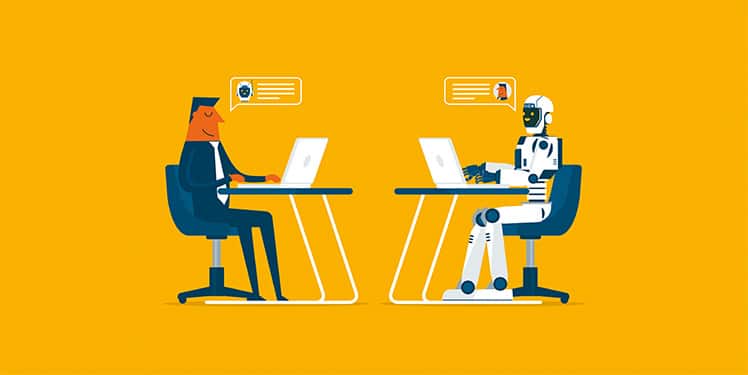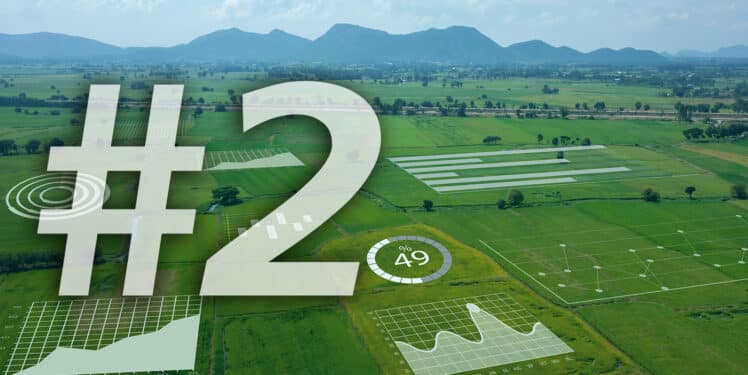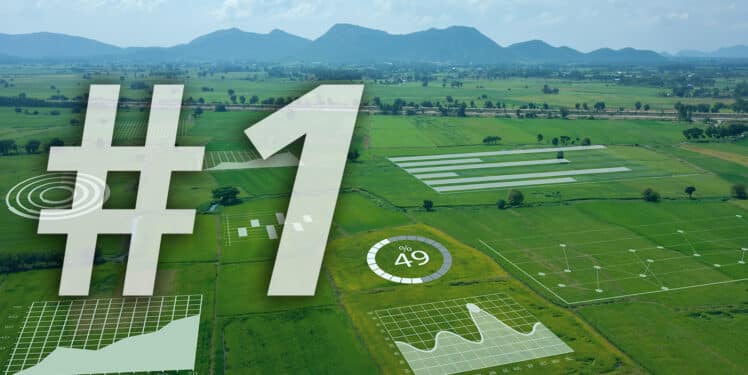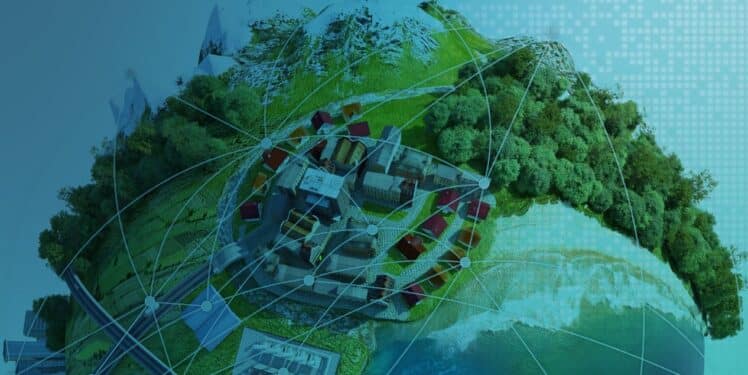Die Zukunft des Sprachassistenten: Datenhoheit durch Spracherkennung mit eigenem LLM Voice Bot
In einer Welt, in der Technologie immer weiter voranschreitet, sind sprachgesteuerte Assistenten zu einem nicht mehr wegzudenkenden Teil unseres Alltags geworden. Von IBM Watson und Aleph Alpha Luminous über Apple Siri und Amazon Alexa bis hin zu Google Assistant und…










